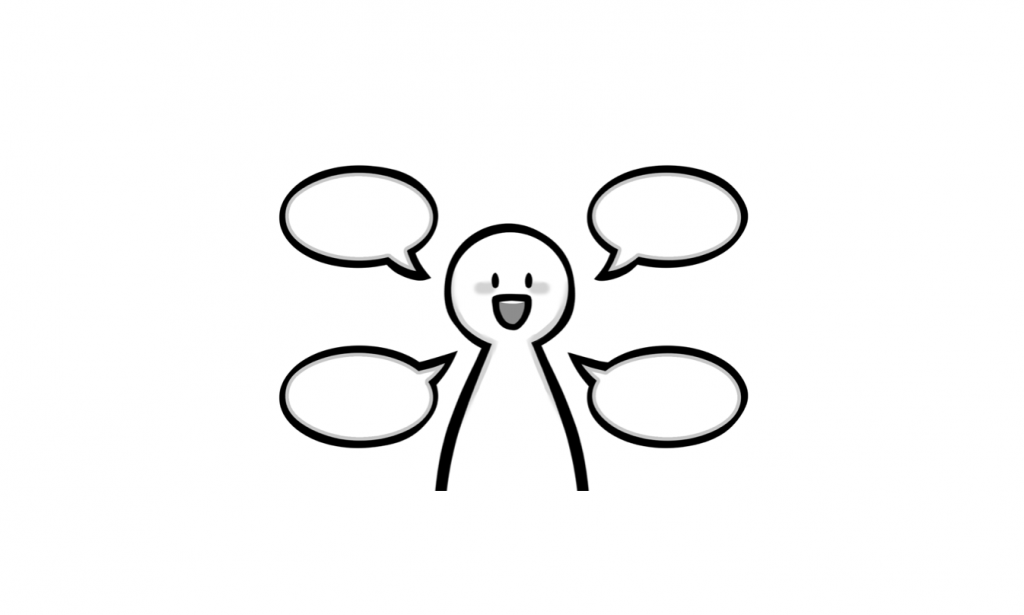
The Japanese language prefers even numbers to odd numbers… (1)
The Japanese language prefers even numbers to odd numbers… (1)
The Japanese language prefers even numbers to odd numbers… (1)
Have you ever heard that Japanese prefers even numbers to odd numbers? This phenomenon is a relatively well-known tendency in linguistics (言語学: the scientific study of language). This refers to the fact that in terms of rhythm, the Japanese language tends to favor words consisting of even number moras(偶数拍)as opposed to those of odd number moras(奇数拍).
Take examples from proper names. What is「木村拓哉」is shortened to as a nickname? Yes,「キムタク」, right? But on closer reflection, this is a little bit strange: straightforwardly「木村拓哉」→「木拓(キタク)」should have been expected since「木村」is analyzable as「キ-ムラ」, at least etymologically. But in actuality, in the nickname, the ‘irregular’ part「キム」is extracted as if it were a unit! Why on earth is that?
Another example is「愛媛(エヒメ)大学」. What is the nickname of the university?「愛(エ)大」? No. It’s actually「愛(アイ)大」! Why in the world is that?
Well, the answers to these questions lie in the tendency mentioned above: Japanese prefers ‘even’ numbers of moras. If the nicknames of「木村拓哉」and「愛媛大学」were「木拓」「愛(エ)大」, respectively, the resultant words would contain ‘odd’ number moras, which linguists have revealed will tend to be avoided, although not as a strict ‘rule’ but as a ‘tendency’—but still as a relatively strong tendency.
Have you ever heard that Japanese prefers even numbers to odd numbers? This phenomenon is a relatively well-known tendency in linguistics (言語学: the scientific study of language). This refers to the fact that in terms of rhythm, the Japanese language tends to favor words consisting of even number moras(偶数拍)as opposed to those of odd number moras(奇数拍).
Take examples from proper names. What is「木村拓哉」is shortened to as a nickname? Yes,「キムタク」, right? But on closer reflection, this is a little bit strange: straightforwardly「木村拓哉」→「木拓(キタク)」should have been expected since「木村」is analyzable as「キ-ムラ」, at least etymologically. But in actuality, in the nickname, the ‘irregular’ part「キム」is extracted as if it were a unit! Why on earth is that?
Another example is「愛媛(エヒメ)大学」. What is the nickname of the university?「愛(エ)大」? No. It’s actually「愛(アイ)大」! Why in the world is that?
Well, the answers to these questions lie in the tendency mentioned above: Japanese prefers ‘even’ numbers of moras. If the nicknames of「木村拓哉」and「愛媛大学」were「木拓」「愛(エ)大」, respectively, the resultant words would contain ‘odd’ number moras, which linguists have revealed will tend to be avoided, although not as a strict ‘rule’ but as a ‘tendency’—but still as a relatively strong tendency.
アカウントを作成 して、もっと沢山の記事を読みませんか?
この記事が気に入ったら 章太郎 さんを応援しませんか?
メッセージを添えてチップを送ることができます。

この記事にコメントをしてみませんか?